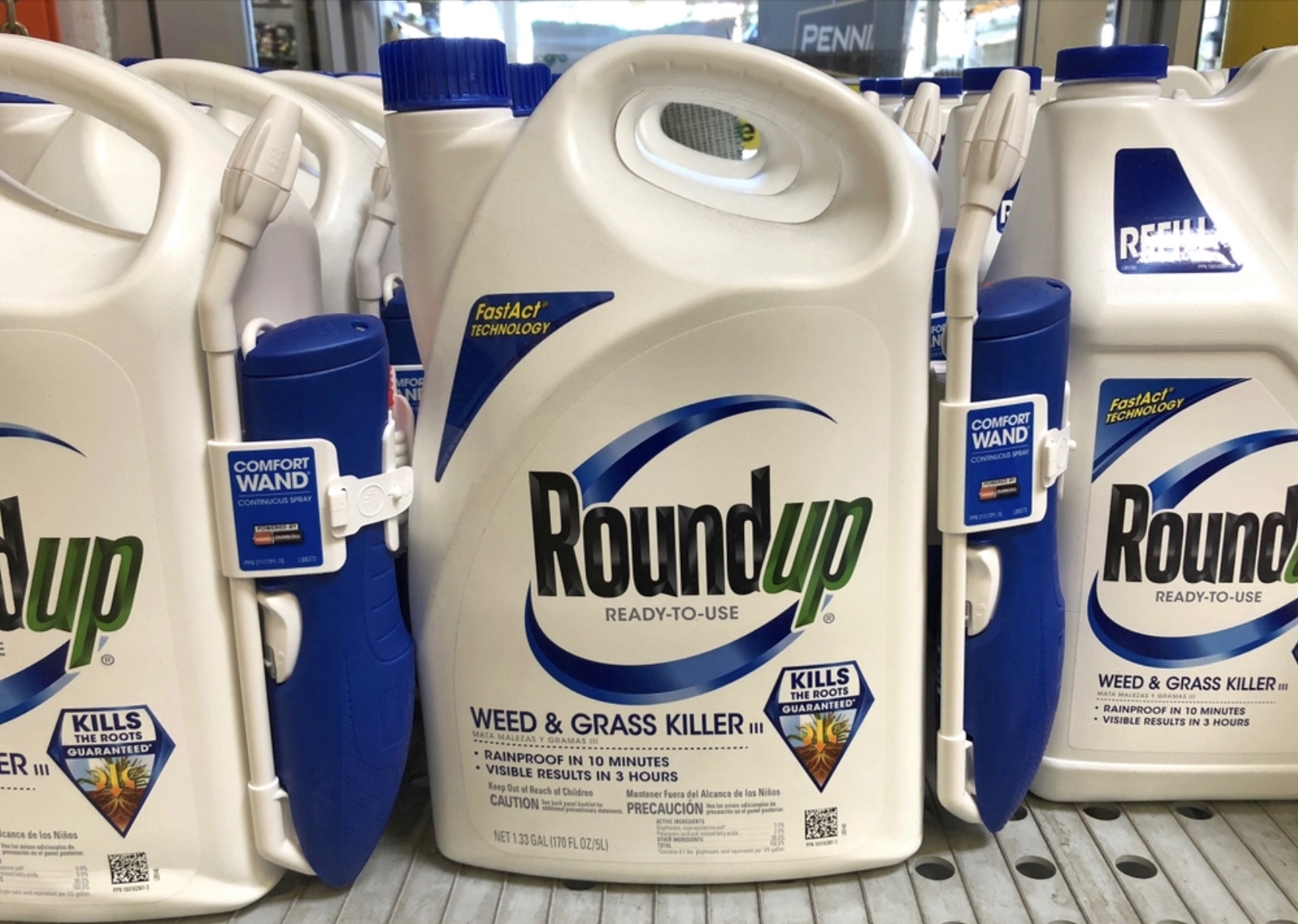
Glyphosate, the active ingredient in the world’s most popular herbicide RoundUp is having a contentious moment worldwide. A staggering estimated 6.1 billion kilograms of RoundUp has been applied worldwide over the last decade, therefore it is important to fully understand the risk of this chemical to farmworkers, consumers, and the environment.
So, what is the problem with RoundUp?
For more than four decades, farmers have relied upon glyphosate-based herbicides to kill unwanted vegetation. However, RoundUp became a hot button issue in the news in 2015, when the World Health Organization’s International Agency for Research on Cancer (IARC) concluded that glyphosate is “probably carcinogenic”. It was speculated that the herbicide has an adverse effect on the body similar to red meat. These findings reinforced the research by European Food Safety Authority (EFSA) and U.S. Environmental Protection Agency (EPA) that glyphosate is a highly toxic chemical.
However, while environmental activists are claiming that this molecule is responsible for everything from cancer to celiac disease to autism. The pesticide industry is ensuring that these claims are moot.
A precedent case for RoundUp went on trial in 2018, when Dewayne Johnson, a former groundskeeper sued Monsanto, a manufacturer of RoundUp for $289 million. The plaintiff claimed the pesticide gave him terminal non-Hodgkin’s lymphoma. Following the astronomical settlement, more than 800 people filed lawsuits against Monsanto regarding the adverse effects of RoundUp. If you or your loved ones have suffered physical damage as a result of being exposed to RoundUp contact Diaco Law today for a free consultation.
You need to be informed about a chemical you are exposed to on a regular basis. The concern of neuroscientists that study the chemical action of glyphosate is that it has not been extensively researched when it comes to the effect on the human organism. It is known that glyphosate inhibits an enzymatic pathway required for protein synthesis in the growth of plants. However, upcoming research has been focused on the genotoxicity and carcinogenetic element of the molecule. Scientists speculate that the chemical may be affecting a lot of other systems in the human body other than causing cancer.
Another problem when it comes to RoundUp is that oftentimes pesticide manufacturers fail to disclose the whole list of ingredients in a pesticide. While, glyphosate alone might not be harmful when in combination with other chemicals it might pose a threat with extensive exposure to humans. Furthermore, the potential toxicity of RoundUp calls into question the safety of the food we are eating that is grown with the world’s most popular pesticide.
At Diaco Law, we believe that everyone deserves to be in good health. If your or your loved ones have been exposed to RoundUp and suffered damages to your health and wellbeing, we advise you to give us a call. Protect yourself and your loved ones from carcinogenic chemicals like RoundUp, and have the best law firm Diaco Law on your side.